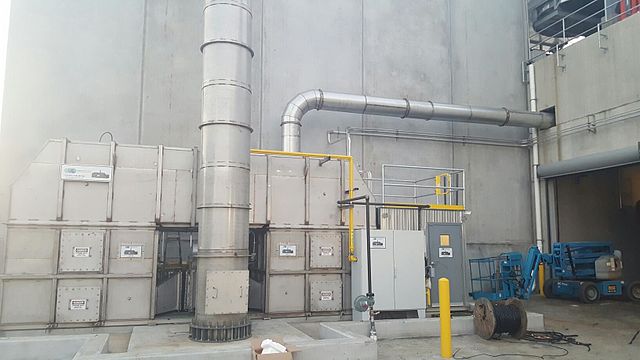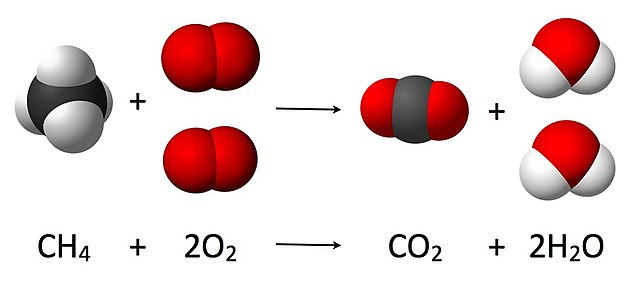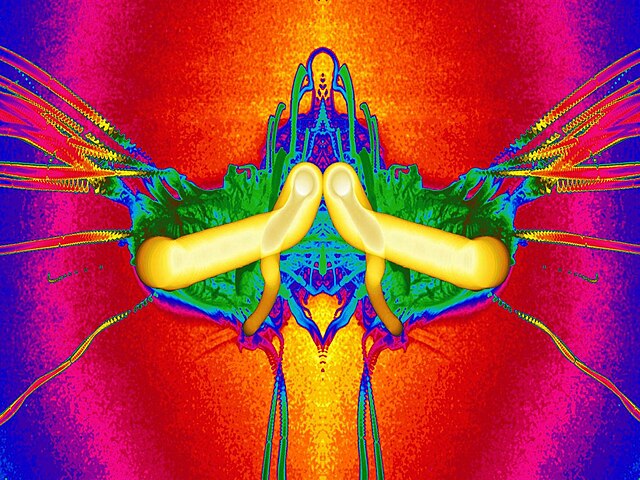Detonation is a type of combustion involving a supersonic exothermic front accelerating through a medium that eventually drives a shock front propagating directly in front of it. Detonations propagate supersonically through shock waves with speeds in the range of 1 km/sec and differ from deflagrations which have subsonic flame speeds in the range of 1 m/sec. Detonation is an explosion of fuel-air mixture. Compared to deflagration, detonation doesn't need to have an external oxidizer. Oxidizers and fuel mix when deflagration occurs. Detonation is more destructive than deflagrations. In detonation, the flame front travels through the air-fuel faster than sound; while in deflagration, the flame front travels through the air-fuel slower than sound.
Detonation of TNT, and shock wave
A controlled bomb disposal in Iraq, 2006; detonating the bomb causes fire and smoke to propel upward.
Combustion, or burning, is a high-temperature exothermic redox chemical reaction between a fuel and an oxidant, usually atmospheric oxygen, that produces oxidized, often gaseous products, in a mixture termed as smoke. Combustion does not always result in fire, because a flame is only visible when substances undergoing combustion vaporize, but when it does, a flame is a characteristic indicator of the reaction. While activation energy must be supplied to initiate combustion, the heat from a flame may provide enough energy to make the reaction self-sustaining. The study of combustion is known as combustion science.
The flames caused as a result of a fuel undergoing combustion (burning)
Air pollution abatement equipment provides combustion control for industrial processes.
The combustion of methane, a hydrocarbon
Colourized gray-scale composite image of the individual frames from a video of a backlit fuel droplet burning in microgravity






